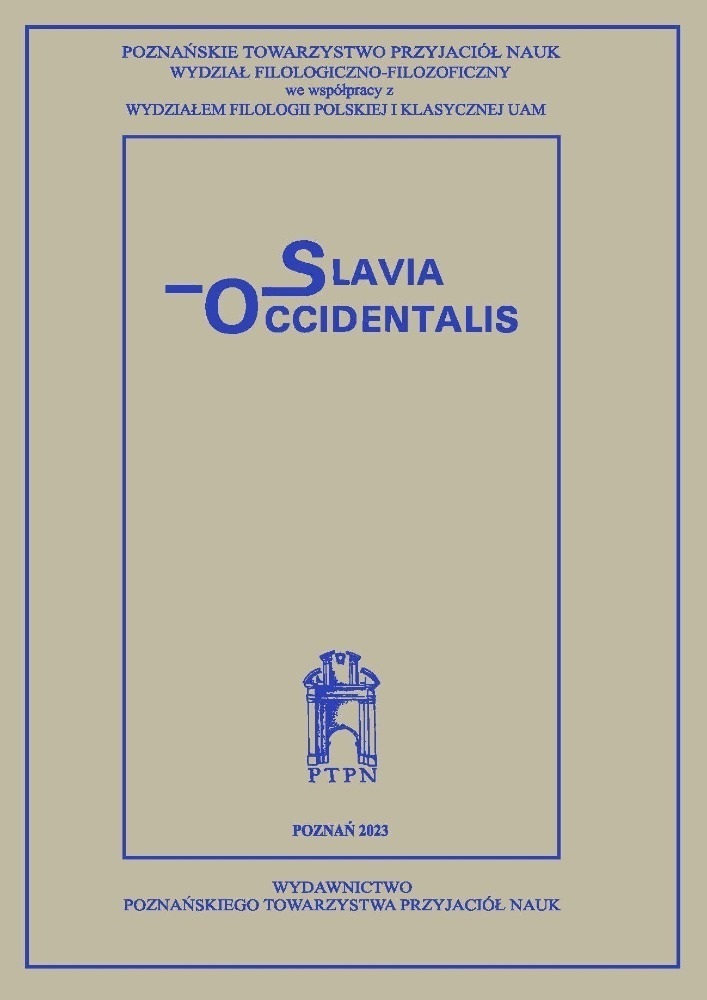Abstrakt
The text is an attempt to define religious and theological views of Goethe. The author’s reflections focus on Goethe’s poem “Prometheus” in which the poet polemises with the Christian idea of God. The poem outlines the anthropological genesis of religion and the concept of God. The inspiration for Goethe’s philosophical considerations was nature seen as God’s realm, the rejection of the belief that God is a transcendental being, and, consequently, the rejection of the anthropological concept deifying man. Goethe’s thought reflects a modern, European perspective concentrated on the world and man, abandoning all ideological restraints.Bibliografia
Abbagnano N., Storia della filosofia, t. 3, Torino 1974.
Abbagnano N., Fornero G., Filosofii e filosofie nella storia. Ottocento e Novecento, t. III, Torino 1986.
Cassirer E., Rousseau, Kant, Goethe, przeł. E. Paczkowska-Łagowska, Gdańsk 2008.
Heine H., Z dziejów religii i filozofii w Niemczech, przeł. T. Zatorski, Kraków 1997.
Jacobi F. J. H., Der Dialog zwischen Jacobi und Lessing über Spinoza, Hamburg 1986.
Lőwith K., Od Hegla do Nietzschego. Rewolucyjny przełom w myśli XIX wieku, przeł. S. Gromadzki, Warszawa 2001.
Mendelssohn M., Do przyjaciół Lessinga, przeł. R. Kuliniak i T. Małyszek, Kraków 2006.
Onfray M., Traktat ateologiczny, przeł. M. Kwaterko, Warszawa 2008.
Piórczyński J., Pierwszy egzystencjalista. Filozofia absolutnej skończoności Fryderyka Jacobiego, Wrocław 2006.
Rilla P., Lessing und sein Zeitalter, Berlin und Weimar 1981.
Yasukata T., Lessing’s Philosophy of religion and the German Enlightenment, Oxford, 2002.
Licencja
Copyright
© 2011 Poznańskie Towarzystwo Przyjaciół Nauk Wydział Filologiczno-Filozoficzny we współpracy z
Wydziałem Filologii Polskiej i Klasycznej Uniwersytetu im. Adama Mickiewicza w Poznaniu
OPEN ACCESS

